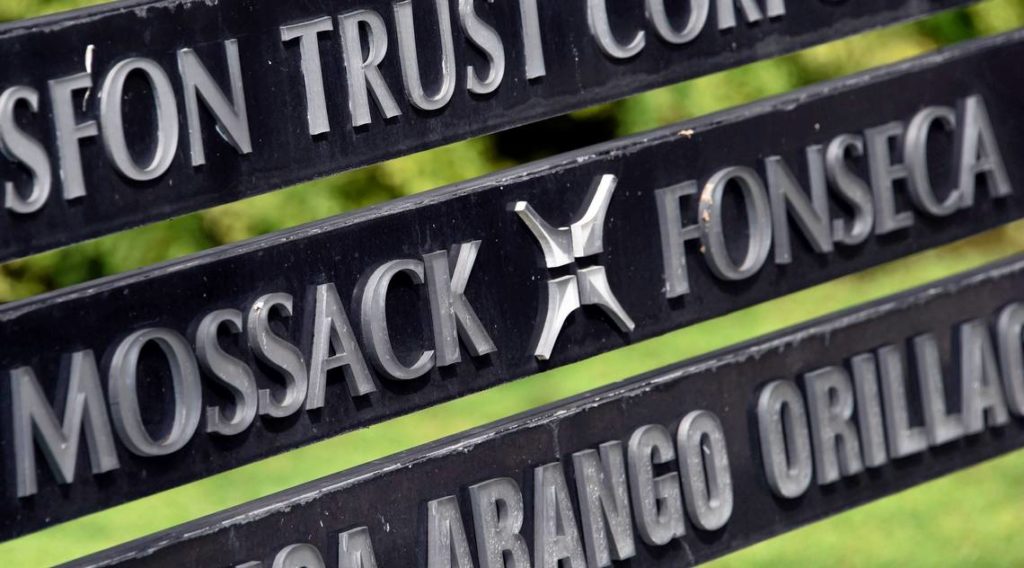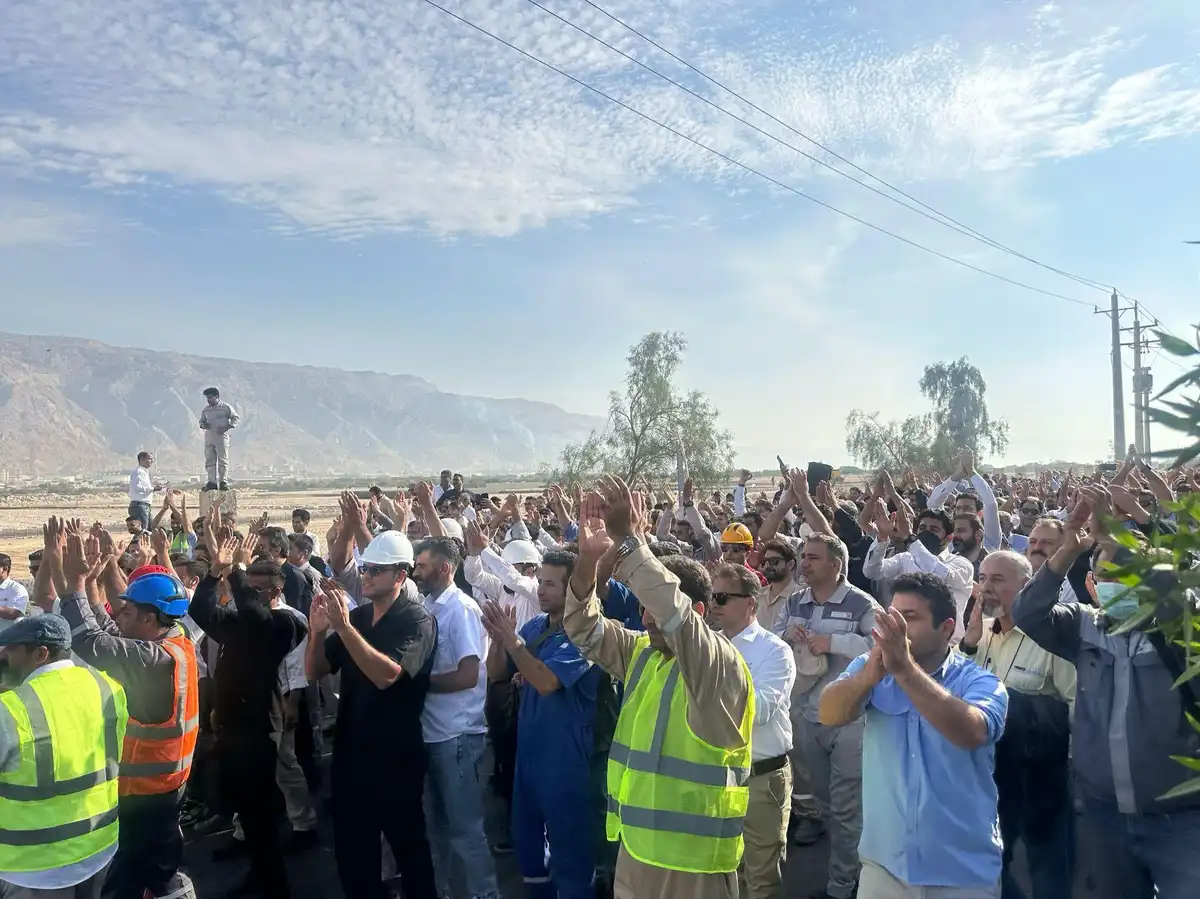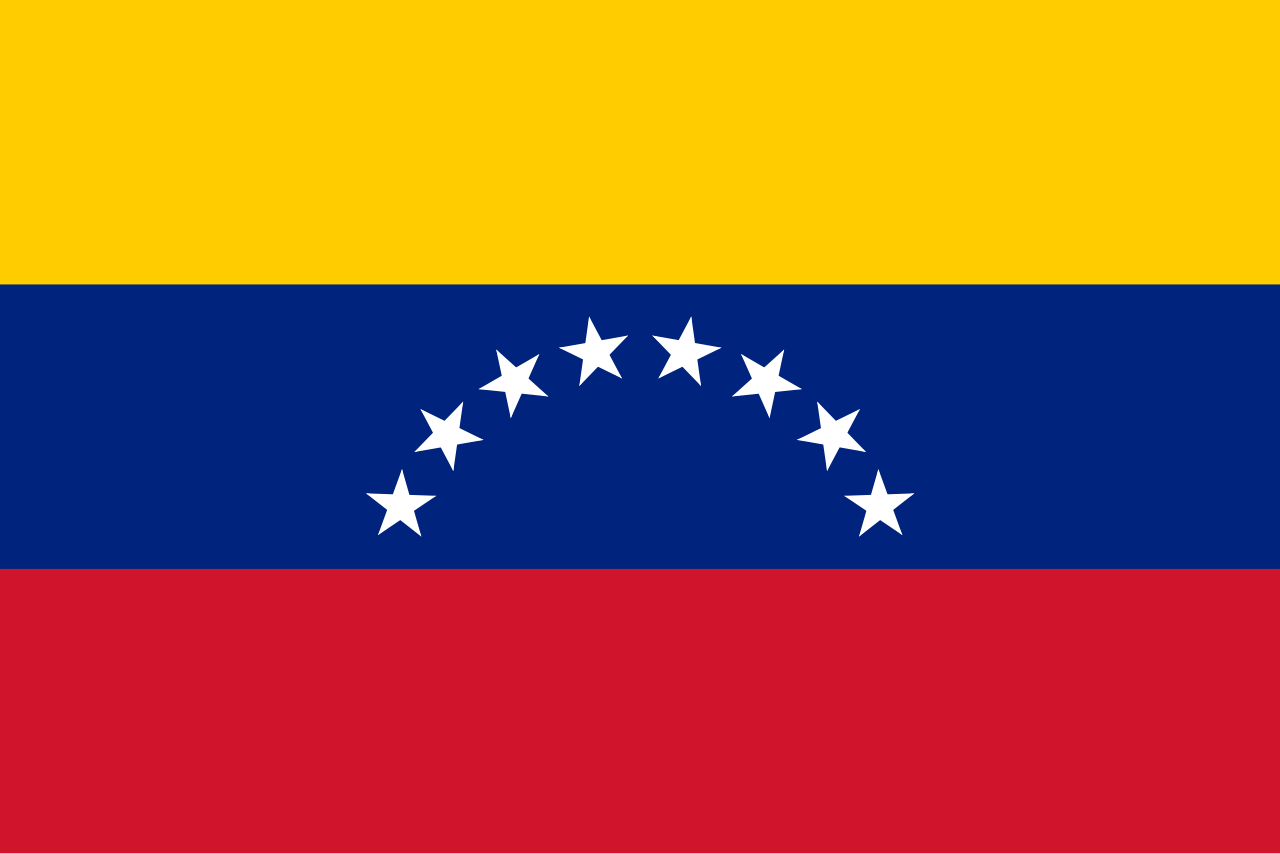The Panama Papers have given us an insight into the secret world of offshore. Offshore refers to the secrecy jurisdictions that exist all around the world where the wealthy can hide their wealth. New Zealand has been pushed into the spotlight as a major South Pacific tax haven, with itself and the territories it manages, such as the Cook Islands and Niue, having become more attractive places over the last 10 years to set up trust accounts. In truth there are many other countries competing in a race to the bottom of financial deregulation. Tax havens are irredeemably tied up with the international flow of capital, the deregulation of finance laws the world over and the domination of society by powerful private interests.
What is not covered by the mainstream reporting on the Panama Papers is just how big the off-shore system is. Mossack Fonseca, the Panamanian law firm from where the leaks came from, is only the fourth-largest law firm that specialises in this system. The Panama Papers release covers only a small subset of off-shore accounts that are estimated to range up to $34 trillion dollars in holdings.
Recently a coalition of 300 senior economists signed a letter to world leaders pleading to outlaw tax havens. As Jeffery Sachs told the UK Daily Telegraph, “Tax havens do not just happen. The British Virgin Islands did not become a tax and secrecy haven through its own efforts. These havens are the deliberate choice of major governments, especially the United Kingdom and the United States, in partnership with major financial, accounting and legal institutions that move the money. The abuses are not only shocking but [also] staring us directly in the face. We didn’t need the Panama Papers to know that global tax corruption through havens is rampant, but we can say that this abusive global system needs to be brought to a rapid end.”
Once we understand that the biggest tax havens are actually the UK and the US we see that in 2011 more than half of world trade passes, on paper, through tax havens. This particular statistic is from French finance minister Dominique Strauss-Kahn in a speech to the Paris Group of Experts in March 1999 Over half of bank assets, and a third of direct foreign investments are routed offshore. It’s hard to get statistic more recent than these because, according to the IMF, the distinction between on-shore and off-shore banking has become increasingly ‘blurred’. 85% of international banking and bond issuance occurs in a stateless offshore zone called the Euromarkets. Nearly every multinational company in the world uses tax havens for one reason or another. These offshore accounts are no longer a small part of the economy, inhabited only by the morally bankrupt and devious. Rather, they are so intertwined with how modern capitalism functions that world leaders are unwilling to reign in their destructive impacts. The ascendancy of neoliberalism, of cutting public services, smashing unions, and giving tax breaks for the rich, are all related to the rise of this shadowy system. It is a financial system shrouded in secrecy, allowing illegality to be got away with; in essence a veritable “free market” dream.
Tax haven is a misleading name. It is not just about tax, although tax avoidance is an essential part of the issue. The main use of tax havens is for secrecy. Secrecy is used: to hide funds from interested parties, such as tax agencies ; to secretly fund takeovers of companies; to avoid monopoly restrictions and trust laws; to fund political parties and military coups; to launder money from the black market and to support despotic regimes, drug cartels and modern slavery.
The tax haven system is in essence part of the modern functioning of imperial capitalism, where the super-rich can conduct their nefarious activities without having their names exposed. This money-laundering extends from private interests developing their own multi-national empires to the secret agencies of imperialist states covertly intervening in the affairs of other countries.
What is a Tax haven?
Tax havens deal in secrecy. They offer opaque legal set ups allowing the wealthy to hide their ownership or involvement with money all around the world. There are several key indicators of a tax haven, all of which combined describe many countries around the world.
Tax havens offer low to zero taxes on foreign interests, but their real value is trading in secrecy. In New Zealand’s case, as long as the company owners do not reside in New Zealand and do not show an income here, the company does not pay any tax. Secrecy is absolutely essential to their function and as such are defended at any cost. In New Zealand it is often stated that we require security checks upon those who own trusts, to be able to find the beneficiaries of the money and see if they can be taxed. However these systems are just as opaque as any other country and often cannot investigate past the company director or company lawyer, roles in which one person can be the legal representative or company owner of hundreds to thousands of different companies. Also, New Zealand is one of the few countries in the world without a capital gains tax, which is a benefit for both international and local capitalists and property owners.
Secrecy jurisdictions also ring-fence their own economies from the effects of tax havens. So they might, for example, offer a zero tax rate to non-residents who park their money there but tax local residents fully. A tacit admission of the damage they do to local economies. Tax havens strenuously deny their position to assert their financial “cleanliness”. An essential element in being a tax haven is other countries not knowing, in order to avoid suspicion and investigation. When told repeatedly of New Zealand’s developing tax haven profile by the IRD, John Key’s response has been indifference. In the wake of the Panama Papers scandal the tune has changed slightly. A Radio New Zealand article on 9/5/2016 stated: “Mr Key said New Zealand is not a tax haven, and the government was ready to take steps to preserve the country’s reputation.” These steps include a whitewash investigation by John Shewan, a former chair of Price Waterhouse Coopers (PWC), who has previously advised governments on the setting up of these tax laws in New Zealand and overseas.
Some of the most brutal aspects of this shadowy system are the support of drug cartels and despotic regimes the world over. In these secretive jurisdictions there is no concern over where the money came from, what it will be used for, or who holds it. One example is the British banking giant HSBC, which in 2012 settled with the US government for $1.9 billion for laundering the money of Mexican and Columbian drug cartels. These same cartels obviously earn much more than the $880 million the HSBC was charged for. Their funds are commonly routed through tax havens such as the Bahamas, the Turks and Caicos Islands, Uruguay and Panama. The release of the Panama Papers has already led to the arrest of agents of the Mexican Los Cuinis drug-trafficking gang in Uruguay. Offshore accounts allow drug traffickers to siphon money into legitimate investments, such as purchasing real-estate or trade in bonds and shares, which are harder to trace.
Another prime example is the richest man in Syria, Rami Makhlouf. He is a cousin and close friend of Syrian President Bashar al-Assad and who exploited these connections to amass a fortune. He is reported to control some 60 percent of the Syrian economy. In 2011 Reuters reported that Makhlouf had total or partial monopolies in Syria’s telecommunications, real estate, oil, airline, duty free, construction and import sectors. The Panama Papers reveal that international banks and Mossack Fonseca kept working with Makhlouf after the European Union imposed sanctions on him after war broke out in Syria. Despite warnings from Mossack Fonseca’s own compliance department, one partner in the firm dismissed the claims against Makhlouf as “rumours.” He defended the decision to continue to deal with Makhlouf on the advice of UK-headquartered bank HSBC, whose role as a Makhlouf banker was revealed in previous leaks and prompted a US Senate investigation.
Despite international embargos, the Syrian regime has enjoyed a continuous supply of fuel, which it has used for its tanks and fighter jets. According to experts, the lion’s share of this supply has flowed through the Arab Emirates. For quite some time now the American authorities have considered a company called Maxima Middle East Trading to be the hub of a complex network of companies in the United Arab Emirates, Syria, Switzerland, and the Netherlands. With the help of fake papers, this network has allegedly been used to deliver gasoline to Syria. For this reason, in 2014 Maxima Middle East Trading and its director were placed on the US sanctions list. The Panama Papers now show that Maxima Middle East Trading was registered by Mossack Fonseca in 2012 to help them skirt the US imposed sanctions and fuel Assad’s brutal war machine. The conflict in Syria, and indeed the massive wealth accumulated by Assad and his cronies from the people, could not have been sustained without tax havens and the companies that set them up.
It is no coincidence that tax havens can be found in the ruins of old empires, as the chicanery that tax havens allow is one of the most effective methods of imperial control and domination. Tax havens are innately tied with empire as they function to secure economic holdings for multi-national corporations and secure compliant political regimes.
A good example of this is the story of Gabon and the long reign of President Omar Bongo. Gabon became independent from France in 1960, but France intervened militarily to support the decree of a one-party state under firstly President Leon M’ba and then from 1967, after M’ba’s death, under President Omar Bongo. During this period, Gabon’s vast oil fields were just being discovered. To support Omar Bongo France deployed several hundred paratroopers in the capital city of Libreville. In exchange for France’s backing Bongo gave two things. Firstly, he gave French companies almost exclusive access to his country’s minerals on highly preferential terms that were deeply unfair to the people of Gabon. But the second thing Bongo provided was more interesting; he allowed his country to become the African linchpin of the gigantic Elf oil company system, a vast web secretly connecting the oil industries of former French African colonies with metropolitan France, via Switzerland, Luxembourg, and other tax havens.
Part of Gabon’s oil wealth served as a giant slush fund: a pot of secret money outside the reach of French judicial authorities in which hundreds of millions of dollars were made available for the use of French elites. An African oil cargo would be sold and the proceeds split up into a range of bewildering accounts in tax havens from where they could be used to supply bribes and baubles, all under the umbrella of the French state-controlled Elf oil company. Out of these funds money flowed secretly to finance French political parties, the intelligence services, and other agencies of the French ruling class. The system emerged gradually, but by the 1970s it was already serving as a major secret financing mechanism for the main French right-wing party, the Rally for the Republic (RPR). When a Socialist, François Mitterrand, became French president in 1981, he sought to break into this right-wing Franco-African offshore cash machine. “It was explained that, instead, the leaders of the RPR—Jacques Chirac and Charles Pasqua—did not mind the Socialists taking part of the cake, if it were enlarged.” So the Elf system grew. This system became a massive scandal in France when it was revealed in 1997. Magistrates investigated and by 2004 31 convictions had been secured. Although Elf is long gone, it seems that the system is not really dead. When former President Nicolas Sarkozy came to power in 2007 the first person he called was not the president of Germany or the United States but Omar Bongo. French troops remain in place in Gabon today.
This system is entrenched across the globe, and there are many stories to tell about the influence of the international financial system that lurks in the shadows. Tax havens are not only about tax avoidance but part of a system of deceit and deception. They are part and parcel of a system used to leverage money out of developing economies, keep despotic regimes in power, and increase inequality globally by funnelling wealth to the rich. New Zealand’s part in this while relatively recent on the mainland has been a mainstay of New Zealand’s role within the pacific. A role that includes the partitioning off of funds and resources from throughout the pacific and the routing and storing of funds from overseas capitalists and multinational companies. New Zealand is frequently touted as the best place in the world to do business – now we know why. It is one of those places that the rich use to hide their dodgy dealings and the wealth from those they took it from.









